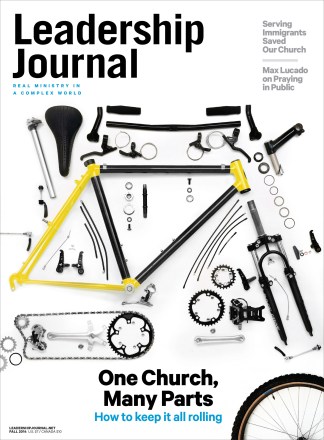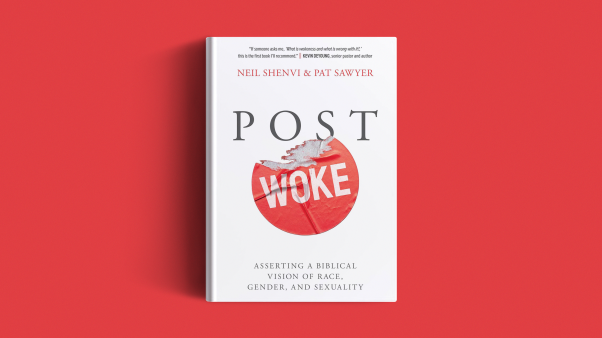Churchgoing is slowly but undeniably losing its role as a normative part of American life. Recently our team at Barna Group has been examining the unchurched—who they are and how they are changing—by poring over three decades of research on the churchless. We have uncovered a number of trends.
First, the unchurched population is steadily growing. Since 1990, it has jumped from 30 percent of U.S. adults to 43 percent today. (We define unchurched as anyone who hasn't been to a church in the last six months, excluding weddings and funerals.) It's important to remember that while this segment has grown, it is still a minority. Most Americans continue to have some connection to a church, even if only for holidays.
Second, the number of people who have never been active churchgoers has increased. In the last two decades, the never-churched increased from 15 percent to 23 percent. Currently, one in four Americans has virtually no personal history of church participation. In other words, there is no spiritual "muscle memory" for nearly 60 million adults, a number that had been about 30 million at the beginning of the 1990s.
Crammed calendars, kids' sports, endless entertainment options, and expanding weekend schedules are making church increasingly optional.
Third, what qualifies as "regular churchgoing" is being redefined. Active church attenders used to be those who attended three to four weekends per month. Today that's been reduced to just one or two weekends per month. Crammed calendars, kids' sports, endless entertainment options, and expanding weekend schedules are making church increasingly optional. Pastors say this is affecting their ability to build multi-week sermon series that build from Sunday to Sunday. It all means an increasing number of churchless weekends among Americans today.
Despite these changes, we've seen several positive trends. For one, the perception of local churches as a valuable part of a local community is holding firm, even among the unchurched. Most unchurched either view the presence of local churches in their community as a good thing or are indifferent toward it. Only 7 percent of unchurched adults believe that a church is a negative factor for their neighborhood. They tell us churches contribute to the common good of their community by addressing poverty, serving families, the elderly, or youth, cultivating biblical values or assisting those in recovery. These churchless adults aren't beating down the doors to participate, but they're not burning bridges with local churches either.
Another positive trend: Millennial born-again Christians are demonstrating a renewed commitment to evangelism. While Millennial born-again believers are less common than in previous generations, those who remain committed to Christ are sharing their faith with others. Their commitment to share their faith provides hope for the future.
Yes, overall, the trends are not positive. The unchurched are less and less responsive to being the target of "outreach" and increasingly resistant to being invited to church by friends.
America continues to be an anomaly: an affluent, developed country that retains strong churchgoing attendance among its population. But to keep that distinctive—and for the sake of the life-changing message of Jesus—the Christian community has an obligation to better understand today's unchurched.
David Kinnaman is the president of Barna Group and co-editor of Churchless: Understanding Today's Unchurched and How to Connect with Them (Tyndale).
Copyright © 2014 by the author or Christianity Today/Leadership Journal. Click here for reprint information on Leadership Journal.










